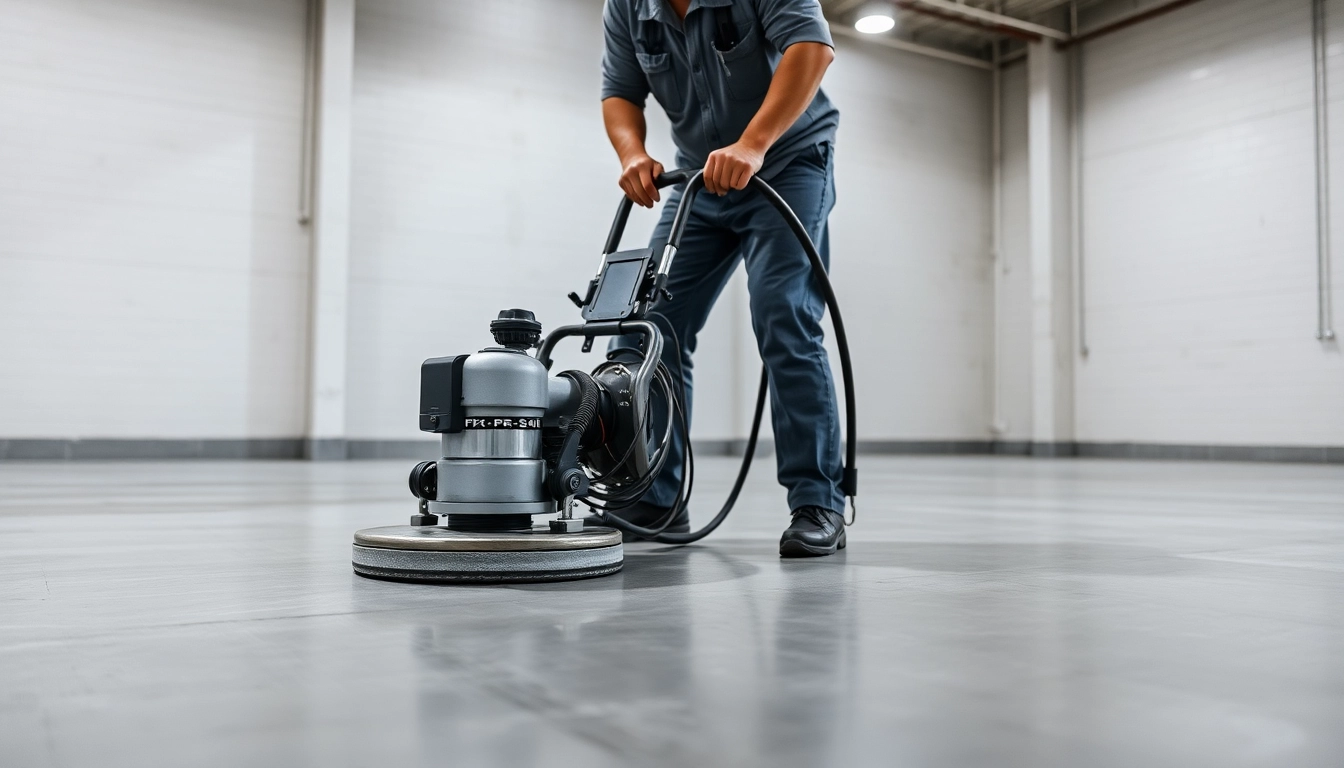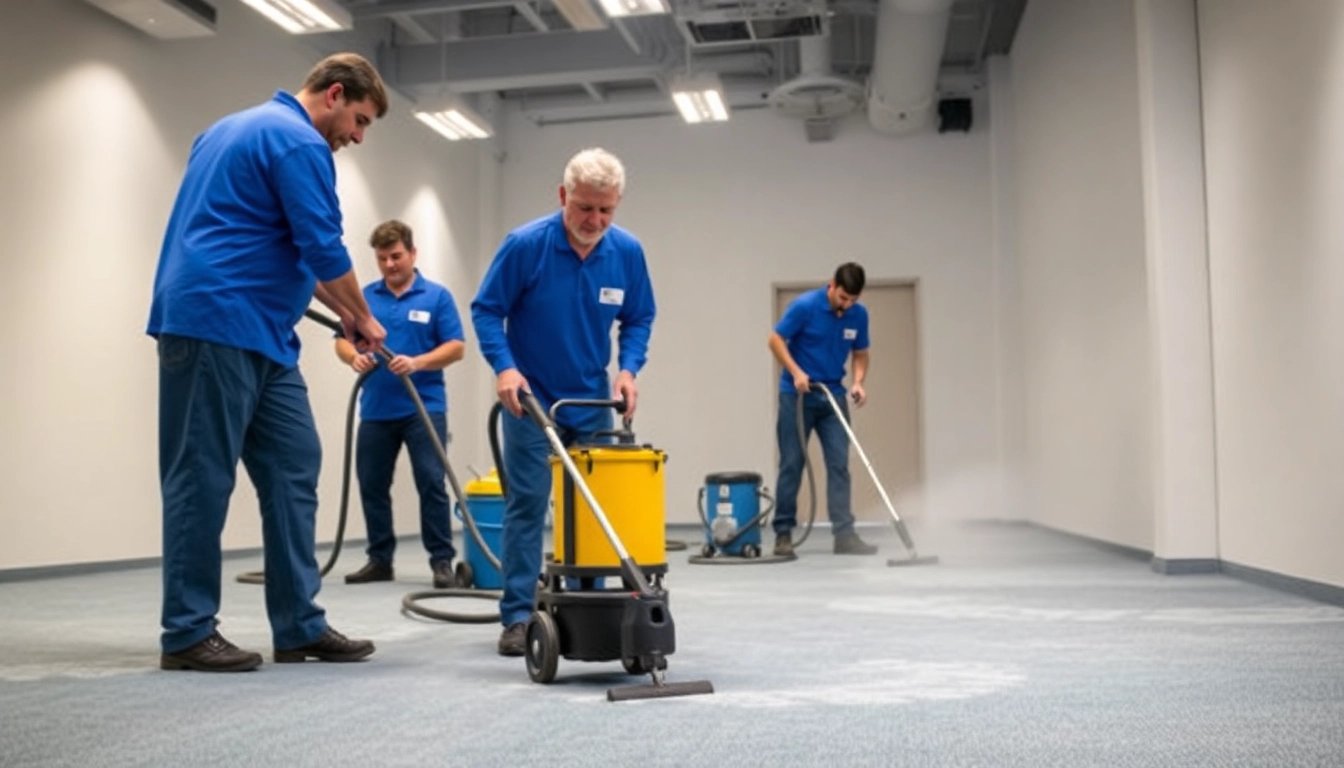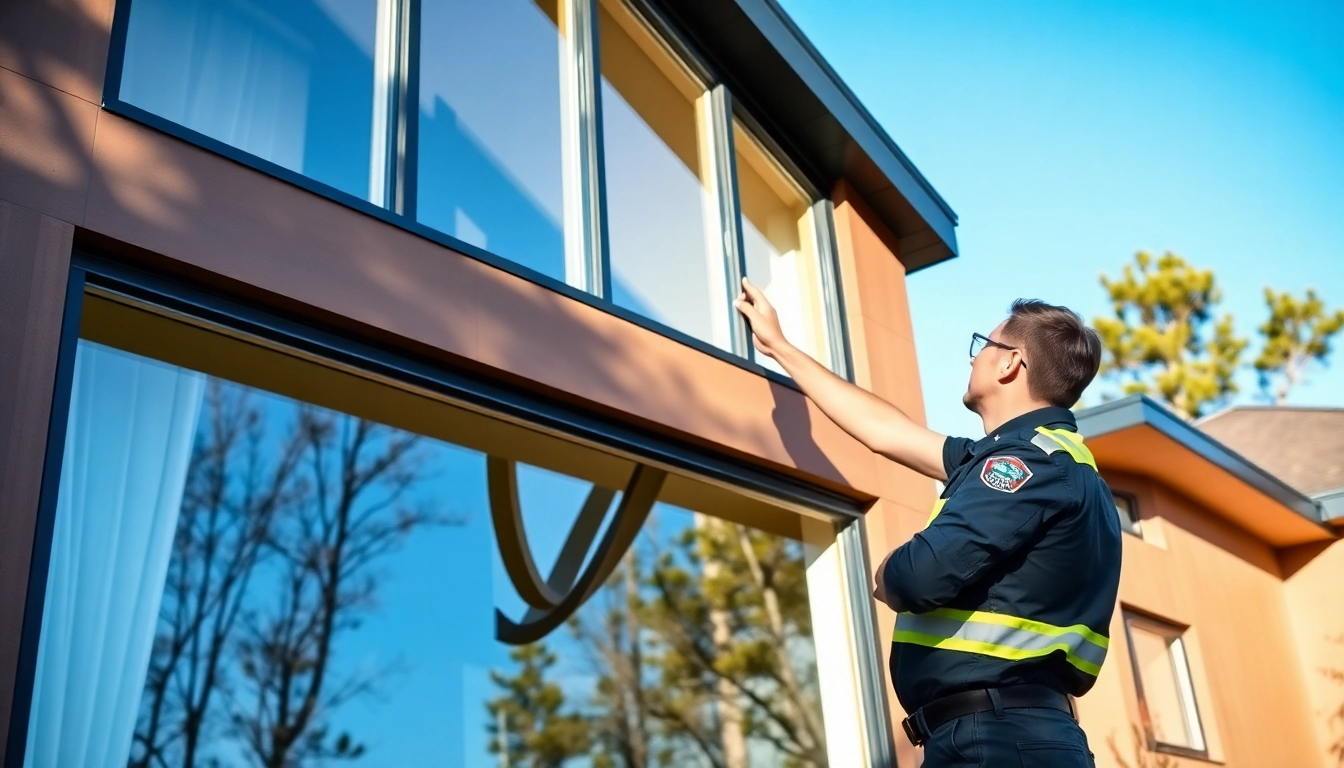Understanding the Importance of Floor Preparation in Birmingham
When embarking on a new flooring project, whether residential or commercial, one of the most critical steps often overlooked is proper floor preparation Birmingham. This foundational phase significantly influences the durability, appearance, and longevity of your flooring. In Birmingham’s diverse construction landscape, ensuring that the subfloor is properly prepared can mean the difference between a flawless finish and recurring issues such as cracking, delamination, or premature wear. This section explores why meticulous floor preparation is indispensable for achieving a high-quality final result that lasts for years to come.
Why Proper Floor Preparation Matters for Longevity
Proper floor preparation creates a stable, level, and clean surface for the installation of various flooring types—be it hardwood, vinyl, tile, or resin coatings. Without it, underlying issues like moisture intrusion, surface irregularities, or debris can compromise the adhesive bond and lead to costly repairs or replacements sooner than expected. In Birmingham’s climate, characterized by fluctuating moisture levels and temperature variations, well-prepared surfaces help mitigate problems such as efflorescence or expansion and contraction-related damage. Skilled preparation ensures the floor can withstand daily wear and environmental stresses, extending its lifespan and maintaining aesthetic appeal.
Common Challenges in Birmingham Flooring Projects
Birmingham construction and renovation projects often face specific hurdles that make floor preparation even more vital. These include:
- Moisture Variability: High humidity and groundwater ingress can cause moisture-related issues, especially in basements and ground floors.
- Uneven Subfloors: Old concrete slabs and uneven implementation can lead to wrinkles, cracking, or uneven surfaces for flooring materials.
- Contamination: Dust, grease, or previous coatings can hinder adhesion if not thoroughly cleaned and profiled.
- Structural Cracks: Concrete shrinkage or settlement may require targeted repair before flooring installation.
Addressing these challenges requires tailored strategies and specialized techniques — emphasizing the importance of professional expertise in Birmingham’s unique construction conditions.
Types of Floor Preparation Techniques Used Locally
In Birmingham, professionals utilize a variety of proven techniques to prepare floors effectively:
- Diamond Grinding: This method ensures a smooth, level surface by precisely removing uneven concrete patches, often used for high-performance coatings.
- Concrete Repair and Patching: Filling cracks, voids, and other surface imperfections with specialized materials restores structural integrity and prepares the surface for adhesion.
- Shot Blasting and Profiling: Mechanical surface preparation creates a textured profile, enhancing bonding for overlays, resins, or coatings.
- Moisture Testing and Management: Using hygrometers and moisture barriers protects flooring from humidity-related failures, crucial in Birmingham’s variable climate.
Each technique is chosen based on the specific condition of the floor, the intended flooring material, and environmental considerations. Skilled contractors often combine these methods to achieve optimal results.
Step-by-Step Guide to Floor Preparation in Birmingham
Initial Surface Inspection and Assessment
The process begins with a thorough inspection of the existing surface, evaluating its flatness, stability, moisture levels, and presence of any damage. Contractors use tools like laser levels, moisture meters, and surface scanners to gather data. This assessment determines the appropriate preparation technique and highlights any necessary repairs before proceeding.
Methods of Concrete Repair and Leveling
Uneven slabs or cracked concrete require targeted repairs. Techniques include:
- Applying self-leveling compounds for minor unevenness or dips.
- Using epoxy or cement-based patching materials for cracks and voids.
- Structural reinforcement for severe subsidence issues.
Proper curing and drying times are critical to ensure stability before further steps.
Surface Cleaning and Profiling for Optimal Adhesion
Cleanliness is paramount. Contractors remove dust, grease, and residues through mechanical sweeping, vacuuming, or chemical degreasers. Next, profiling methods like shot blasting or diamond grinding create a surface texture that enhances the bonding strength of adhesives and coatings. This preparation maximizes coating performance and minimizes future failures.
Choosing the Right Floor Preparation Service in Birmingham
Factors to Consider When Hiring Professionals
Selecting a reputable floor preparation service requires careful evaluation. Consider their experience with local building conditions, certifications, equipment quality, and customer reviews. A company with a track record of successful projects in Birmingham will better understand regional challenges and offer tailored solutions.
Questions to Ask Your Flooring Contractor
- What preparation techniques do you recommend for my specific floor?
- How do you handle moisture mitigation in moisture-prone areas?
- Can you provide references or case studies of similar projects?
- What materials and equipment do you use?
- What is the projected timeline for preparation and installation?
Evaluating Quality and Certification
Ensure your chosen contractor complies with local building codes and industry standards. Certifications from organizations like the British Standard Institution (BSI) or manufacturer-specific training attest to their expertise. Additionally, reviews and testimonials can provide insights into their reliability and craftsmanship quality.
Best Practices and Industry Standards in Floor Preparation
Adherence to Local Building Codes and Regulations
Compliance ensures safety, durability, and legal adherence. Birmingham’s regulations often specify standards for moisture barriers, load-bearing capacity, and environmental considerations, which professional contractors strictly follow to prevent future liabilities.
Use of Eco-Friendly and Durable Materials
Environmental responsibility is increasingly important. Reputable providers opt for low-VOC primers, sustainable repair compounds, and eco-friendly coatings, balancing performance with sustainability.
Scheduling and Project Timeline Management
Effective planning minimizes disruptions. Professionals coordinate workflows to ensure that each stage—from assessment to curing—is completed on schedule, guaranteeing a smooth installation process.
Performance Metrics and Success Indicators for Floor Preparation
Measuring Surface Smoothness and Levelness
Tools like straightedges and laser levels assess the flatness of the surface. A typical standard is achieving a deviation of less than 3mm over 2 meters for most flooring types, ensuring a seamless finish.
Assessing Adhesion and Coating Compatibility
Testing adhesion strength through pull-off tests confirms adequate bonding. Compatibility checks between substrate and overlay materials prevent delamination or peeling over time.
Customer Satisfaction and Repeat Business as Success Indicators
High-quality preparation results in durable, attractive floors that meet client expectations. Repeat business, positive reviews, and long-term maintenance are strong indicators of a successful floor preparation process.



